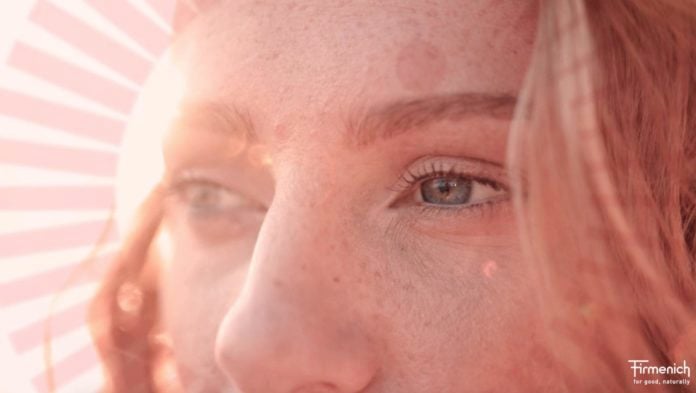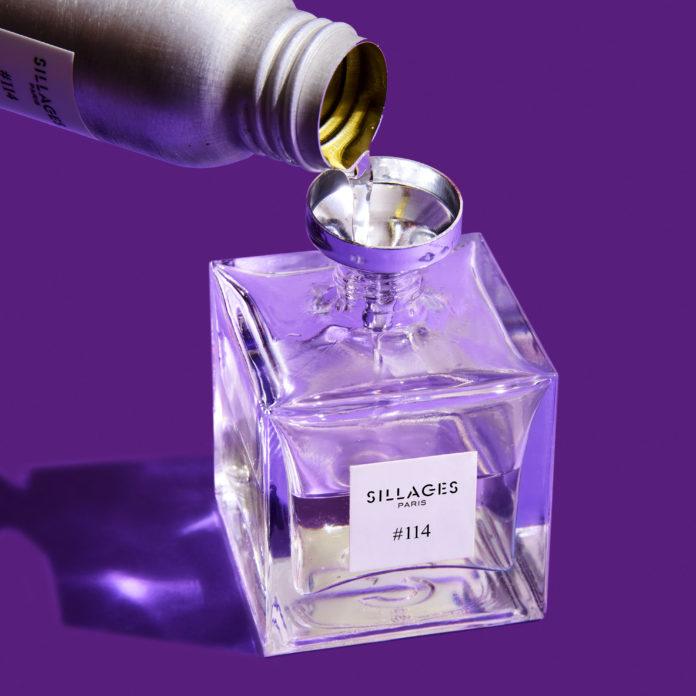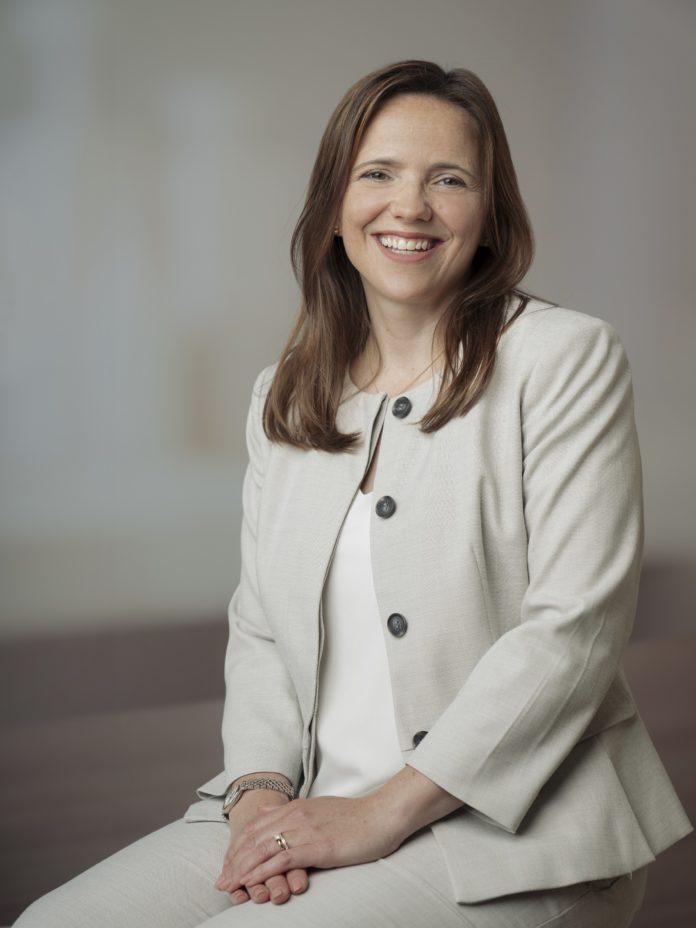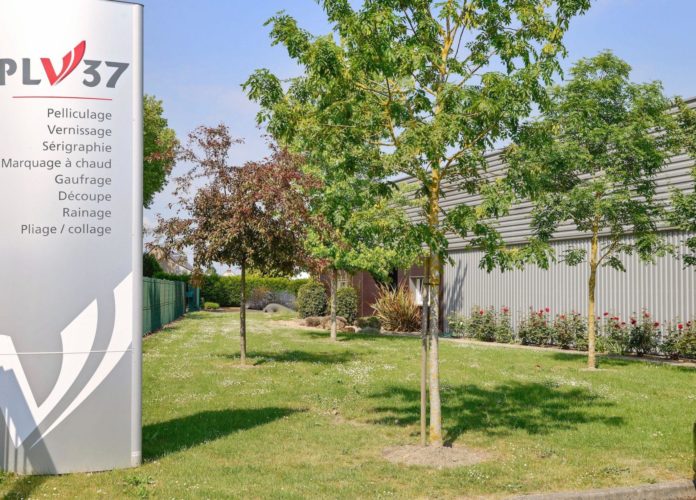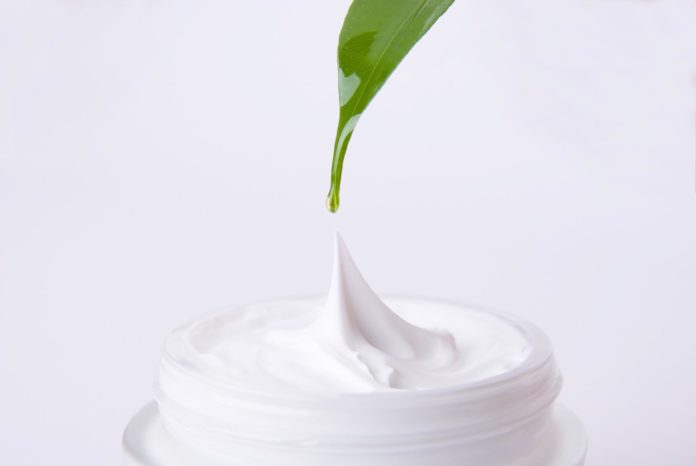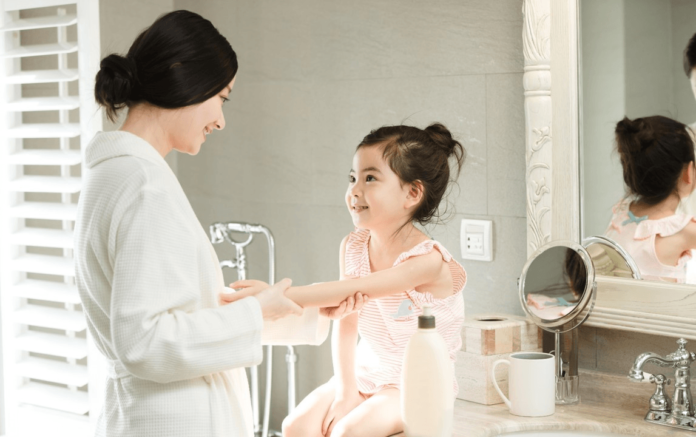Skinobs' platforms help cosmeticians, R&D managers, formulators, marketers or regulatory affairs managers to find, worldwide, recognized test providers and relevant methods to support the claims of active ingredients or finished products.
The company provides an update on clinical evaluation tests in a data sheet available online free of charge.
Recent statistics from its "Clinical Testing" platform show that hydration is the claim most favored by its users. A "flagship" position confirmed year after year by numerous marketing studies on consumer expectations. Presented as the sesame of claims, it often remains associated with other skincare claims such as those relating to aging, inflammation, mechanical properties, pollution, complexion radiance, and so on.
The best-known measuring principle uses the skin's electrical properties to assess the moisturizing effect of the Stratum Corneum, epidermis and dermis. This method indirectly measures capacitance, impedance or permittivity with specific characteristics according to the different skin layers. Measurement is easy, fast, reproducible and recognized, and can be carried out under a variety of conditions, including climatic ones:
- Stratum Corneum: Corneometer (C+K), Dermalab, Epsilon (Biox), MoistureMeter SC, Skicon-200, DPM 9003,
- Skin: MoistureMeterEpiD,
- Dermis: MoistureMeterD
Alternative quantitative and qualitative measurements have emerged with different technologies:
- Micro-topographic analysis: MoistureMap (C+K), Epsilon (Biox)
- Infrared spectroscopy: Dermo
- Insensible Water Loss (IWL), indirect method for measuring water evaporation from the skin surface: Tewameter TM 300 and Nano (C+K), Aquaflux (Biox), Dermalab, Evaporimeter, Vapometer
- Skin surface observation: Visioscan (C+K), Dermalab, Hirox, and all camera systems
- Scoring by expert technicians and dermatologists is a valuable approach, providing a wealth of information through visual and tactile objectification, using specific scales.
Hydration can be objectivized using very high-tech, non-invasive methods in a number of ways:
- Observation of skin structure: MPT Flex Optical Multiphoton Tomography, Scanner, Vivascope and Vivosight and Laser Confocal microscopy,
- Molecular water content with LBRAM 800 confocal microscopy and gen2-SCA Raman spectroscopy.
- The latest technology developed is 3D LC-OCT microscopy, which provides quantitative and visual results.
Sensory analysis by trained panels or naïve subjects provides scientific objectification and can be combined with emotional analysis. Consumer tests under normal conditions of use also contribute to this evaluation.
Finally, skin studies include scalp studies. For hair care, various methods have been developed to objectivize claims related to combing, friction, traction and structure.
Skinobs recommends taking the time with CROs to design each protocol and precisely define inclusion criteria, measurement times, application conditions, the most appropriate measurement method, etc. V
The Skinobs hydration data sheet can be accessed by following this link link. Some 27 methods available from 75 laboratories are listed.





